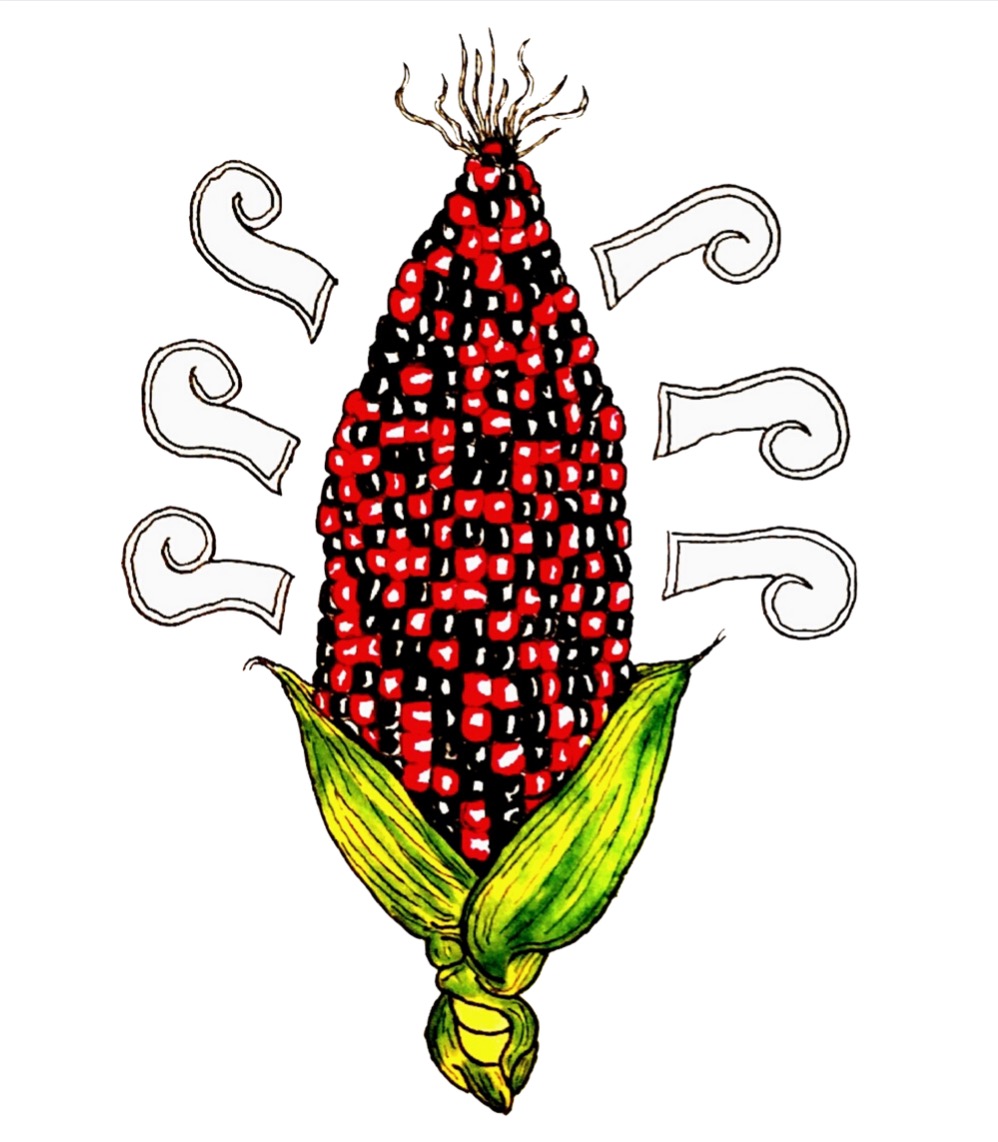Written by
Natalia M. Toscano
Ph.D. Student, Department of Chicana/o Studies
University of New Mexico
AAHHE Graduate Student Fellows Program, Chair 2021
ntoscano@unm.edu
The pandemic has proved to be strenuous on our spirits, relationships, and academic goals. As a Ph.D. student in the Department of Chicana/o Studies at the University of New Mexico (UNM), I find myself isolated from my family, friends, peers, and community. Despite the physical separation from others, the pandemic has opened creative avenues of communication, expression, and community building. The saturation of Zoom meetings and gatherings has left many with a bitter aversion towards the digital realm, fostering fatigue and resentment regarding our current circumstances. Although our relationships with our screens have only intensified since the commencement of the “stay at home orders,” our use of virtual spaces has been critical to maintaining human connection. Digital media productions and creations have blossomed as we’ve looked to this arena for daily inspiration and creation.
Taking advantage of this digital moment, my peers and I revitalized the podcasting project, Xicana Tiahui. Following a two-year hiatus after launching in 2017, the Chicanx World Making and Futurities Project - a student collective and working group consisting of seven graduate students from the University of New Mexico, University of California, Davis, University of California, Santa Barbara, and University of California, Los Angeles – reintroduced the podcast as part of the multi-media vision imbedded within the working group. Our interests as graduate students are situated in various areas, informed not only by our various fields but also by our personal interests and curiosities. This amalgamation of inquiry has led our working group to build a sonic sphere to host discussions and dialogues amongst ourselves and our broader communities. Xicana Tiahui documents and shares Chicanx, Latinx, Afro Diasporic, Indigenous, and mixed-race narratives, histories, experiences, and stories of resistance and struggle from Las Américas.

What is Rasquache Podcasting?
Xicana Tiahui takes up a rasquche approach and sensibility to podcasting. Rasquachismo is guided by a “do it yourself” (DIY) spirit, utilizing whatever resources are available. A rasquache approach is also steered by a fierce sense of intuition that facilitates unique and funky expressive practices. Within the digital realm, we have utilized primarily free and low-cost platforms and software to get the podcast circulating. Weaving together our resources and energies, we have learned from one another the various intricacies of producing podcast episodes. Circulating cargos in our collective, so that everyone learns to edit the audio, create visuals, episode descriptions, and building and hosting episode content. As graduate students, we have fostered a space of collaborative learning during a time when academic individualism feels overbearingly present. Rotating podcast cargos and building from each other’s visions has allowed us to maintain a steady flow of creativity to avert burnout, a symptom that so often stifles the continuity of DIY projects. Utilizing our rasquache sensibility, we curate a unique set of podcast topics and bring in a wide range of guests to speak to Chicanx World Making and Futurities.
A tool for Community transformation
Podcasting has allowed us to engage in direct conversation with scholars, community activists, and artists/performers. Although the written word is always valued, as it offers a tangible space of thought and engagement, the sonic and auditory waves provide a unique opportunity to center voice and affect emotions, memories, and visions for the present and future. The repertoire of guests and topics that have joined the Xicana Tiahui sound waves have included scholars such as Dr. Roberto Hernandez, Dr. Targol Mesbah, and Dr. Doris Careaga-Coleman who have contributed to discussions about Coloniality/Decoloniality Studies, Post-Colonial Theory and Critical Inquiry, and Afro Mexican Studies respectively. We have had various community intellectuals and activists join us, such as the organizers from COLA4ALL, the struggle for cost-of-living-adjustment movement across the UC system, and organizers from the Mapping Against Power Systems (MAPS) collective who provide points of discussion on the necessity to exam power structures. Both offered the podcast meditative points on building collective spaces of opposition that lead towards new articulations of being.
Amongst the various guests and even in episodes entre nos, within our collective, we turn towards the words of the Zapatista and meditate and dream of un mundo donde quepan muchos mundos, a world where many worlds fit. Podcasting, and the other multi-media tools our collective takes up, such as Zine making and blogging, have served as a place for us to reflect on the words of the Zapatistas. How can we as graduate students, as emerging scholars, and communities contribute to the projects of world making? How can we turn to those who have come before us and those on the ground doing the work for guidance and lessons? Xicana Tiahui provides us this digital and auditory space to reflect on these questions and continue to think deeply about our current conditions.
As a graduate student, I have come to find deep value in collective thinking and projects fostered by the Chicanx World Making and Futurities Project. Our engagement with digital media, from podcasting to blogging and Zine making, has allowed me to build community and theorize outside traditional intellectual spaces. Multi-digital media spaces, and in particular the sonic sphere, have offered me and peers a tool to critically reflect on our roles as students and contribute to visions of community transformation.